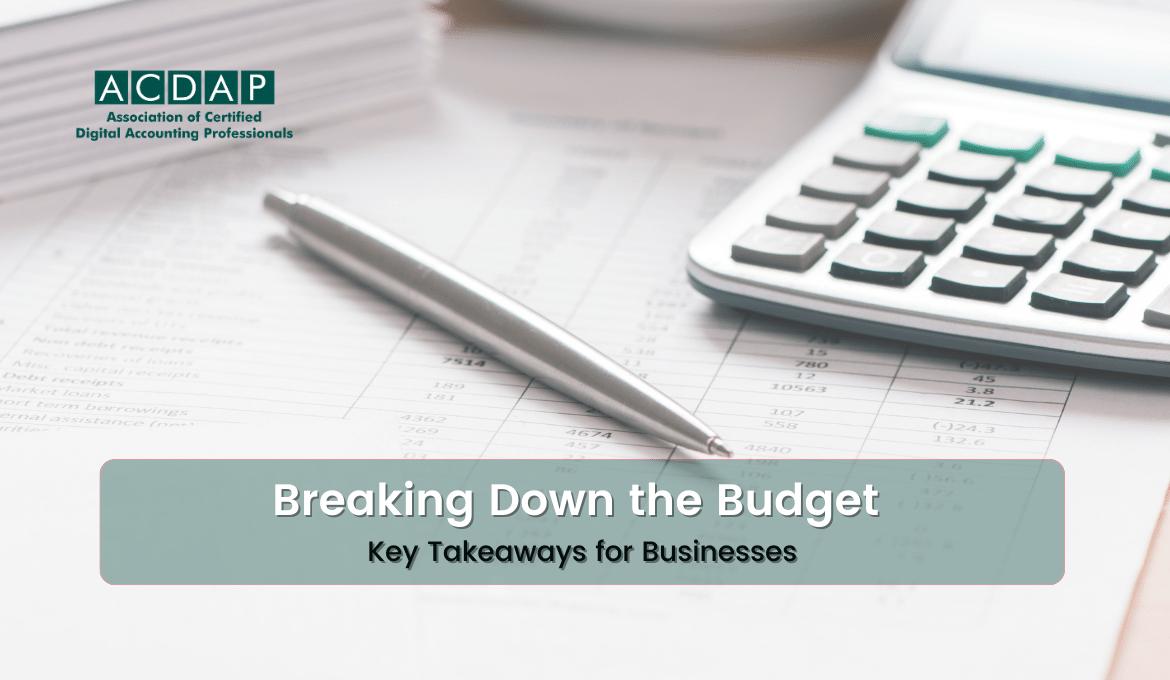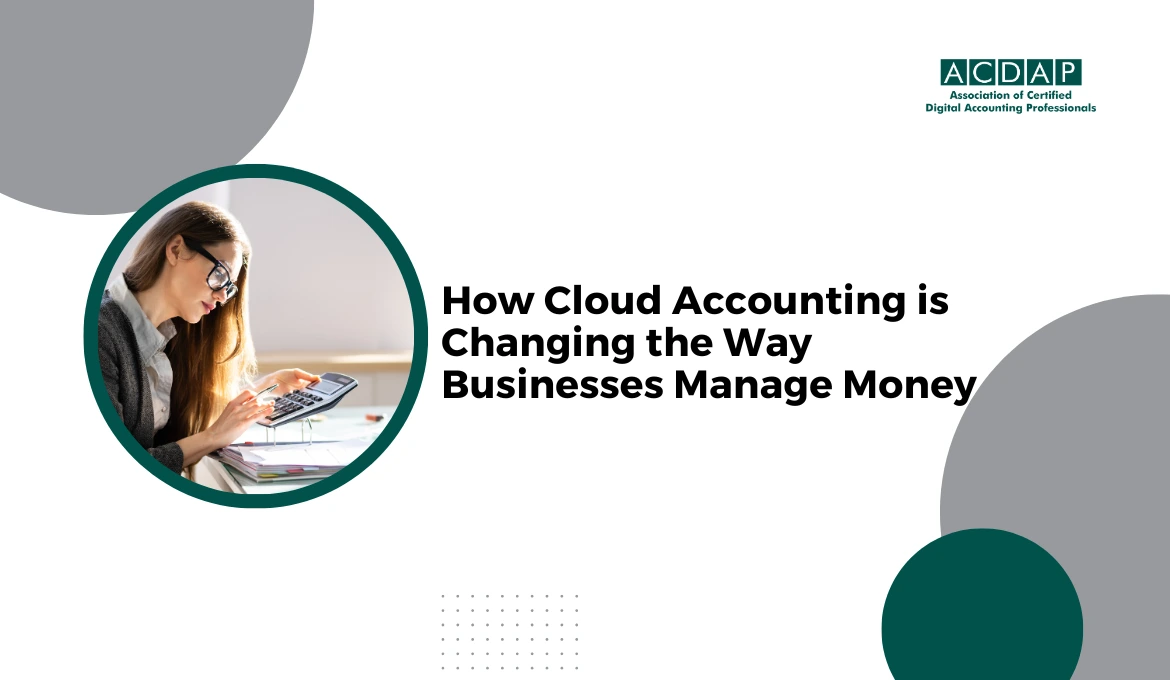The first step in understanding the budget's impact on your business is to analyse the updates. Key areas to focus on include tax changes, government spending priorities, and any regulations or incentives that affect your industry. Automation in accounting can be a valuable tool for businesses to streamline this analysis.
Tax Changes
Consider alterations in corporate tax rates, deductions, and credits. These can significantly impact your bottom line. If tax rates are reduced, it may free up more capital for investment or expansion.
Government Spending Priorities
Understand where the government is directing its resources. If they are investing in areas aligned with your business, it could signal growth opportunities.
Industry-Specific Regulations
Some industries may face more stringent regulations, while others may benefit from deregulation. Staying informed about the budget changes can help you adapt your business strategy accordingly.
The Role of Automation in Accounting
Automation in accounting is a game-changer when it comes to navigating budget changes. Here's how it can optimise your financial processes:
- Data Entry and Recording: Automation tools can eliminate the need for manual data entry, reducing the chances of errors. This is crucial for accurately tracking expenses and income, which is vital in light of potential tax changes.
- Real-Time Financial Insights: Automated systems can provide real-time financial data, helping you make informed decisions. With the budget landscape constantly evolving, this capability is invaluable.
- Efficient Reporting: Automation streamlines the process of generating financial reports, making tracking your financial health easier and ensuring compliance with any new budget-related requirements.
- Cost Reduction: By reducing the time and effort required for accounting tasks, automation can lead to cost savings. This is especially beneficial if you need to adjust your budget with the changes in government spending or taxes.
Budget Implications for Small Businesses
For small businesses, budget changes can have a significant impact. Here are some key takeaways and actionable advice:
- Tax Deductions: Stay updated on changes to small business tax deductions. You may be eligible for equipment purchases, research and development, or employee benefits deductions.
- Incentives: Some budgets offer incentives for small businesses to grow, such as grants, loans, or tax credits. Explore these opportunities to fund expansion or invest in innovation.
- Compliance: Budgets may introduce new compliance requirements. Automation in accounting can help ensure your business adheres to these regulations without adding an undue burden to your financial team.
Budget Implications for Large Corporations
Large corporations face a different set of challenges and opportunities. Here's what you should consider:
- Tax Planning: With the potential for changes in corporate tax rates, large corporations should proactively engage in tax planning. This might involve restructuring or adjusting financial strategies to minimise tax liabilities.
- Supply Chain Resilience: Changes in government spending can affect supply chains. Large corporations should consider diversifying suppliers or adjusting logistical strategies to minimise disruptions.
- Investment Opportunities: Look for opportunities in areas where the government is channelling resources. If your business aligns with these priorities, it may be a prime moment for expansion or investment.
Staying Agile in a Changing Budget Landscape
In an ever-evolving budget landscape, agility is vital. To navigate budget changes successfully, businesses should:
- Continuous Monitoring: Don't just analyse the budget once a year. Stay informed year-round through financial news, government updates, and industry insights.
- Scenario Planning: Develop scenarios for different budget outcomes. This will help you to adapt quickly and implement strategies in response to changing economic conditions.
- Risk Management: Identify potential risks associated with budget changes and create risk mitigation plans. Automation can help in assessing financial risks efficiently.
- Diversification: Diversify your investments, suppliers, and revenue streams to reduce vulnerability to budget-related fluctuations.
Conclusion
Breaking down the budget and understanding its implications is essential for businesses of all sizes. Amid budget changes, accounting automation can be a powerful tool for efficiency, accuracy, and compliance. By staying informed, embracing automation, and adopting an agile approach, companies can thrive in a constantly shifting budget landscape.
Remember, the key to success lies in reacting to changes, anticipating them, and seizing opportunities as they arise.


























